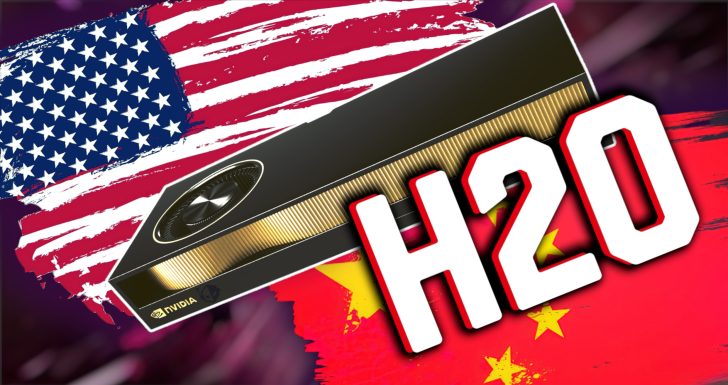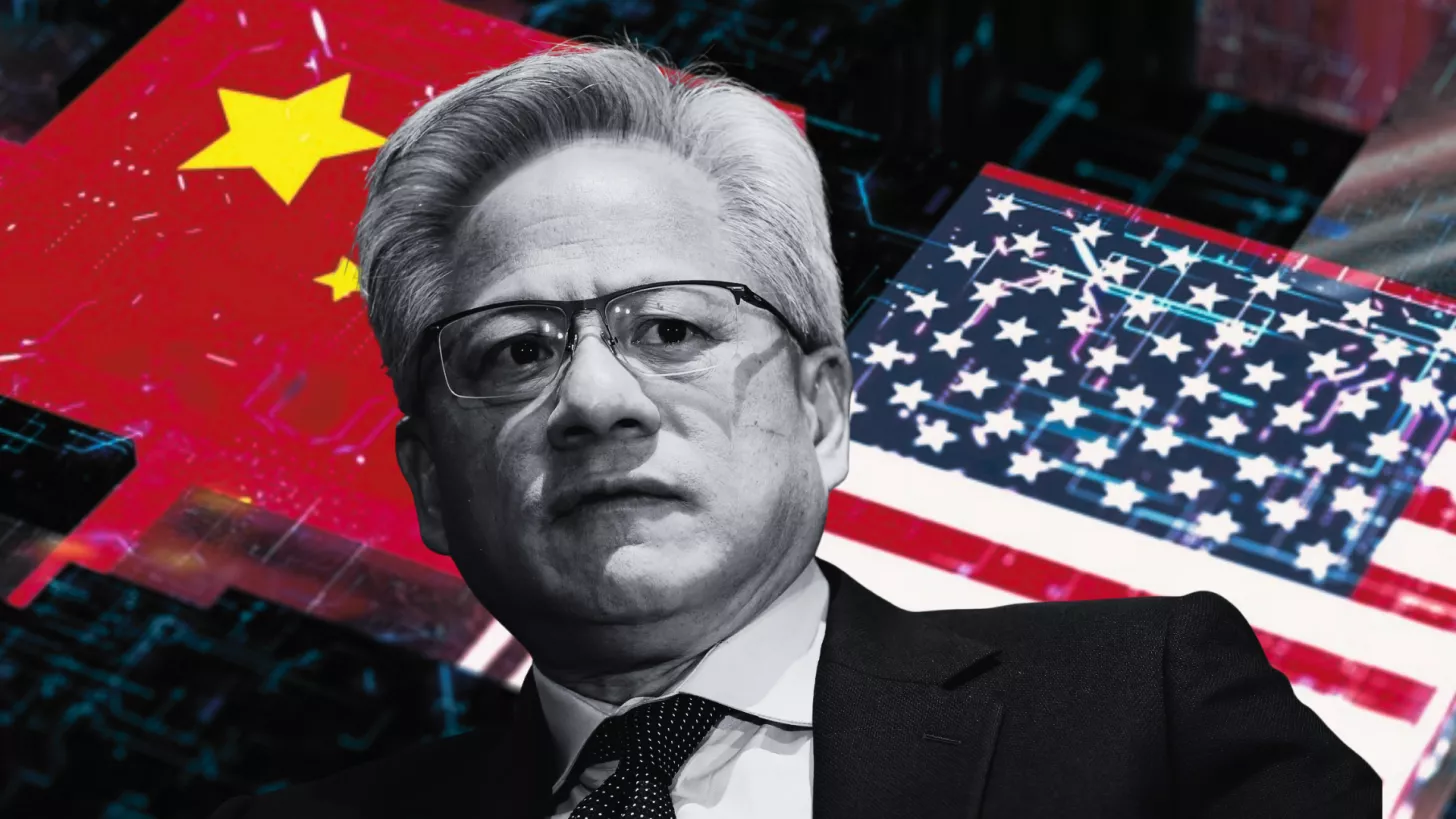NVIDIA’s ambitious plans to expand its AI chip market into China face a significant setback. Recent developments have put a halt to NVIDIA’s endeavor to export its Blackwell AI chips to Beijing, following a directive from President Trump. This decision comes amidst evolving US-China relations and impacts NVIDIA’s strategies in the competitive AI landscape.
US-China Trade Dynamics and NVIDIA’s Challenges
Jensen Huang, the CEO of NVIDIA, is confronted with yet another hurdle in tapping into the Chinese AI sector. Despite the recent trade agreements, NVIDIA’s high-end AI chips remain restricted from entering the Chinese market. In a recent CBS News interview, President Trump emphasized that the US will prevent other countries from accessing advanced AI technologies, specifically pointing out Blackwell chips. This decision leaves NVIDIA at an impasse, unable to penetrate the lucrative Chinese AI industry.
The most advanced, we will not let anybody have them other than the United States. We don’t give (the Blackwell) chip to other people.
Adding to NVIDIA’s woes, President Trump’s recent statements come as a surprise, given his earlier stance of acting as a neutral party in the NVIDIA-China discussions. Meanwhile, NVIDIA faces mounting challenges as the Chinese government exhibits increasing hostility towards the company’s AI chips, exacerbating the ongoing deadlock.

The Financial Implications for NVIDIA
In light of these developments, NVIDIA’s CEO Jensen Huang has highlighted the severe financial impact on the company, citing a complete loss of revenue from China. Prior to the implementation of export controls, China was a major contributor to NVIDIA’s income, accounting for a substantial portion of its earnings. However, the restrictions have now left NVIDIA reliant on its Hopper H20 AI chip in China, which struggles to gain traction.
Amidst these challenges, the future remains uncertain for NVIDIA in the Chinese market, as prospects for a breakthrough appear more elusive than ever.
